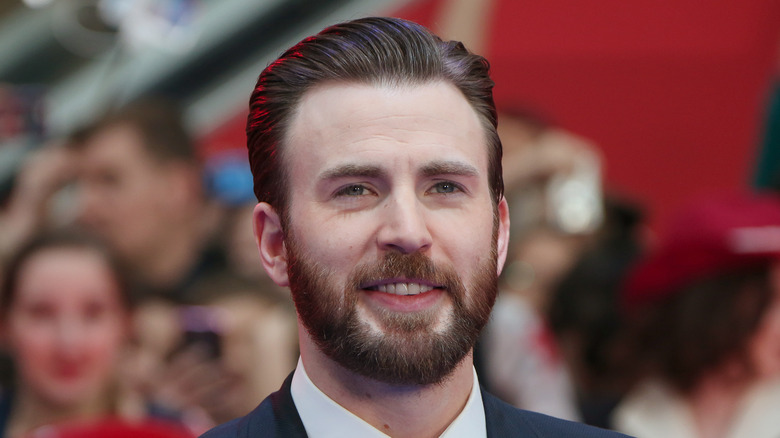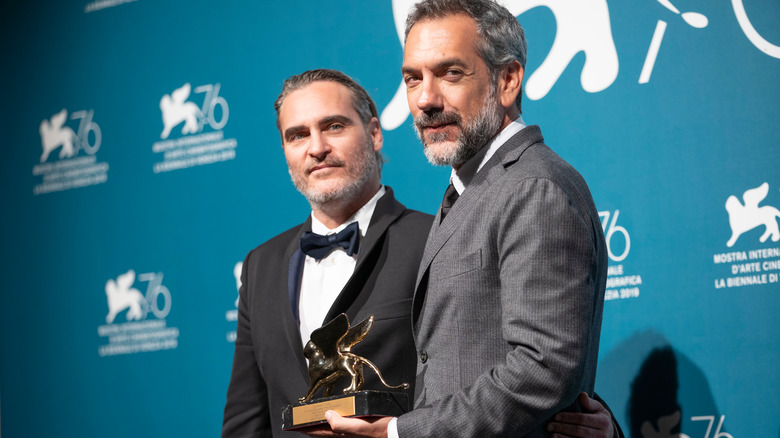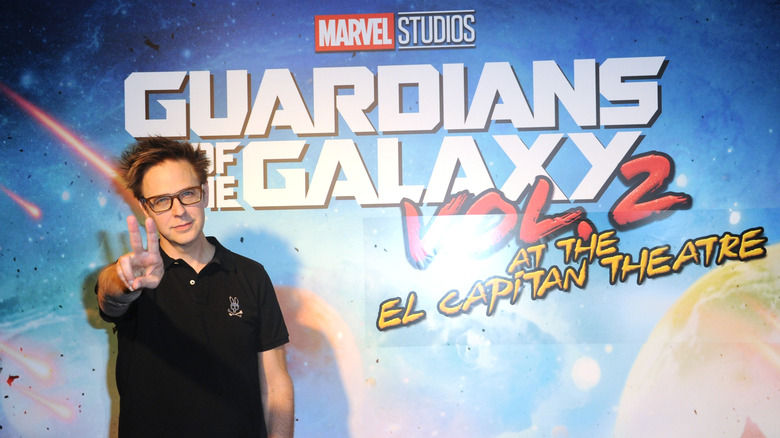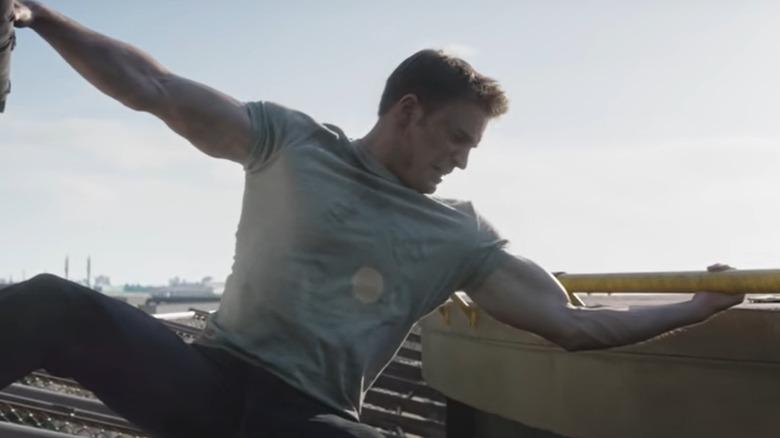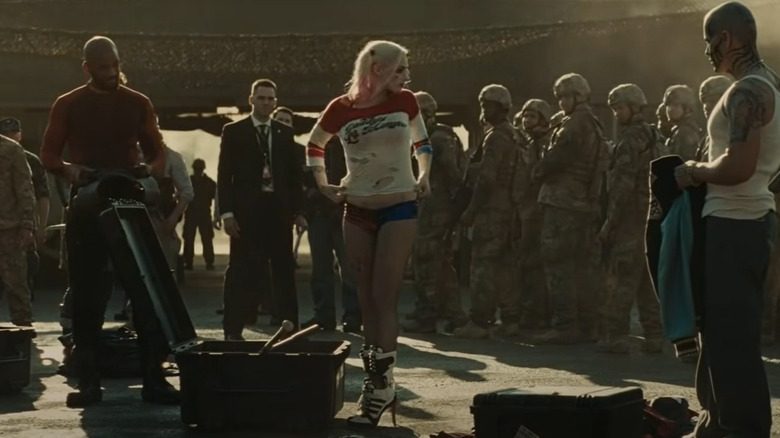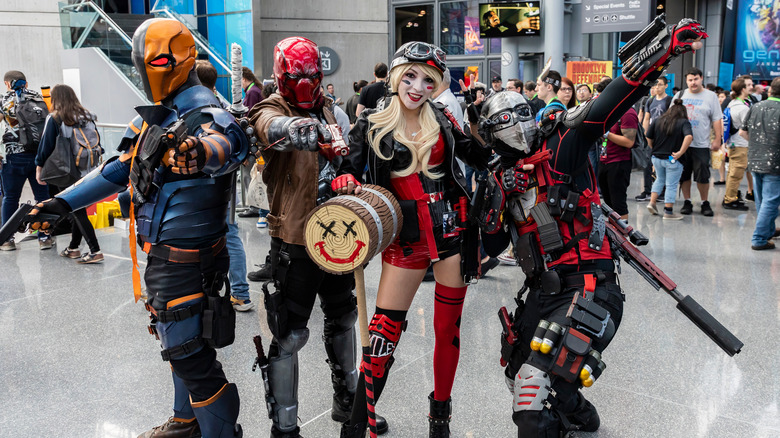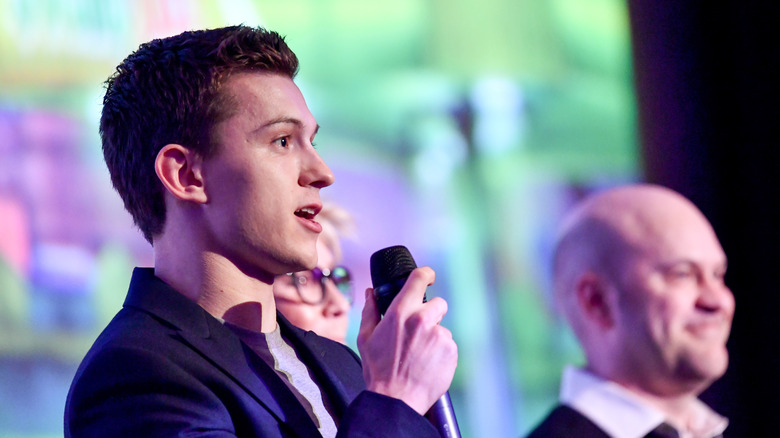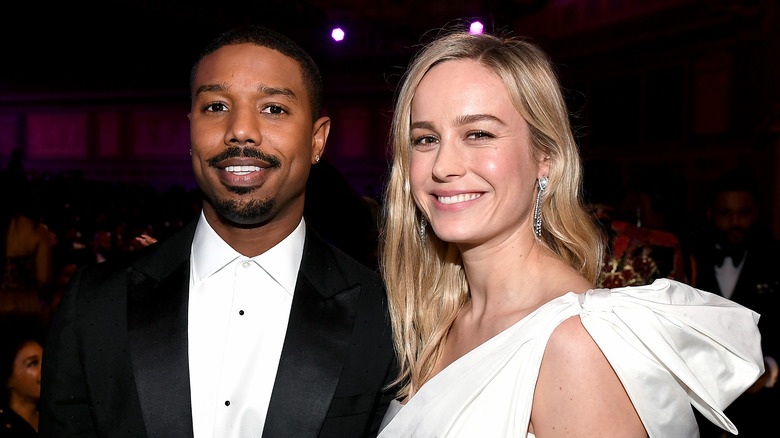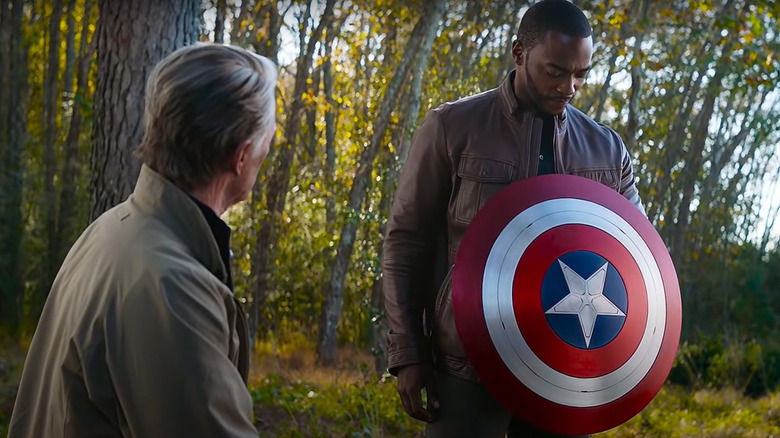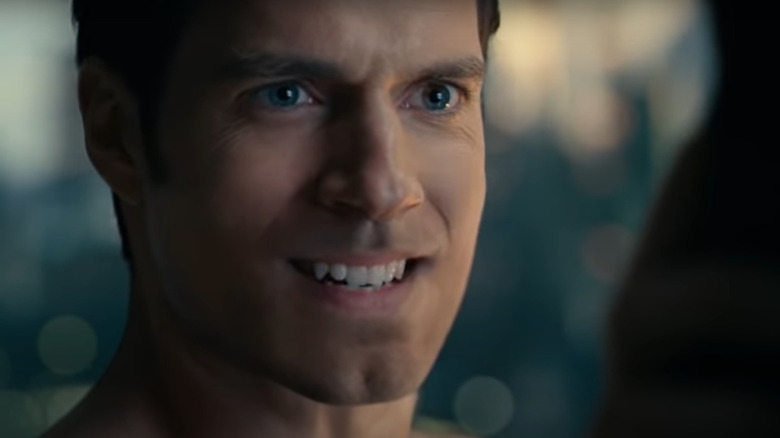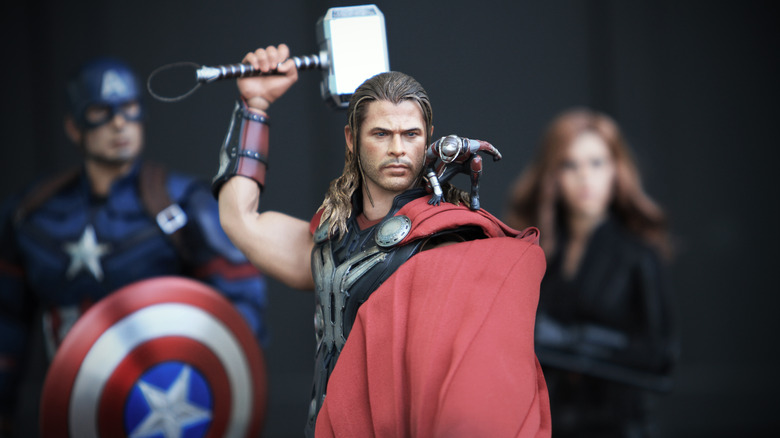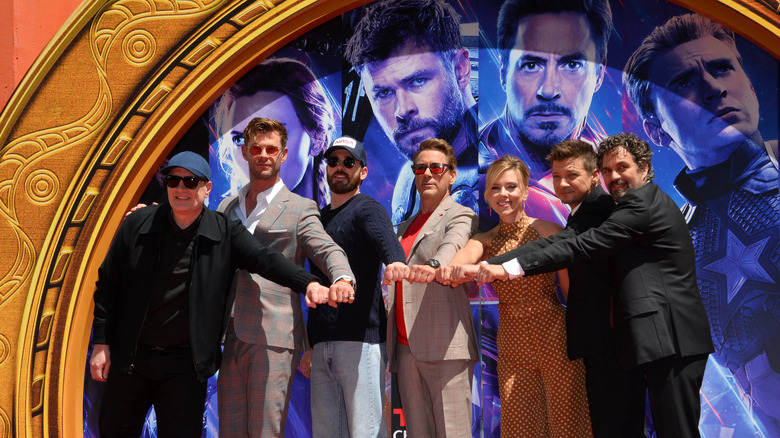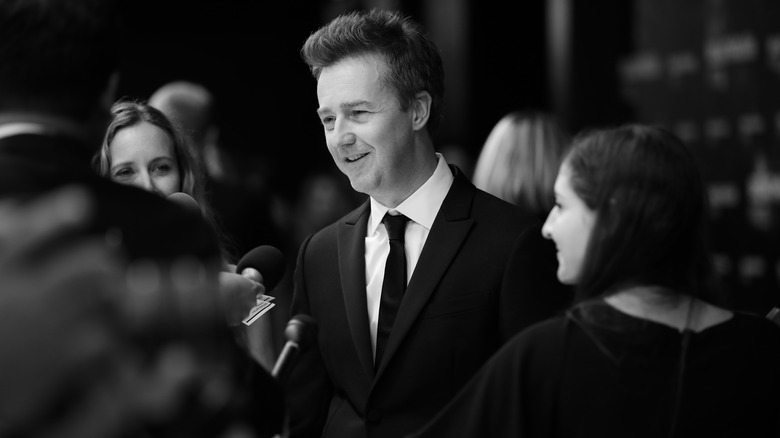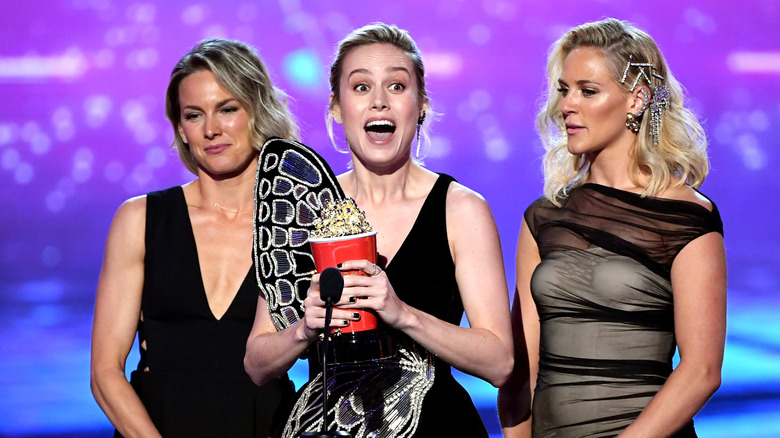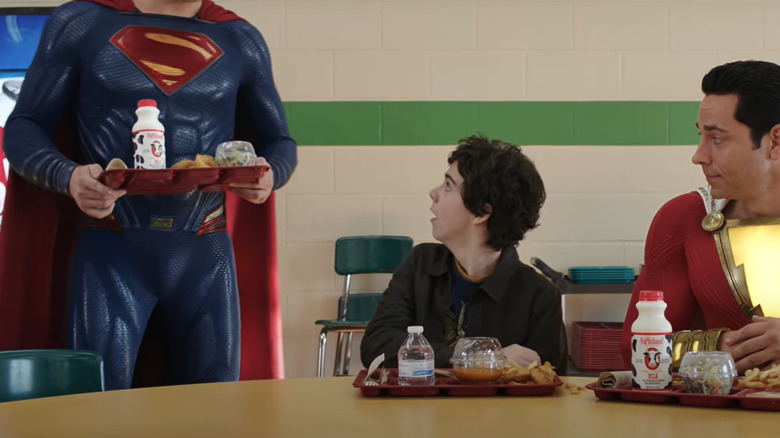Rules Superhero Actors Must Follow
Superhero movies are the undisputed champs of the box office these days. So overwhelming is their popularity that notable filmmakers have warned that the film industry is starting to rely so much on superhero movies that other types of films are struggling to get made.
In this new cinematic landscape, a sure path to money and visibility for budding actors is getting cast in the role of a superhero and becoming a part of a comic book cinematic universe. Naturally there is a great deal of competition for such roles among actors, and almost every major actor/actress of the past decade has been tapped for those roles as studios pump out such films in increasing numbers.
But the path to superheroics is not an easy one. Becoming the flagship character for a superhero series comes with its own set of difficulties that the actors must navigate if they plan to stay on the franchise hype train. Here are some of the most stringent rules that actors must follow while playing a superhero on film or television.
Multi-film contracts
Superhero movies are almost never one-and-done affairs. As long as the movie makes a profit, you can bet it will be getting as many sequels as the studio can manage. Since the lead actor becomes the face of the franchise, they are required to sign multi-film contracts that can keep them tied to their characters for years at a time.
It was precisely this apprehension of getting tied down that made Chris Evans think long and hard before accepting the role of Steve Rogers aka Captain America in the MCU. The actor explained his thought process in an interview with We Got This Covered, "I was very apprehensive about taking ['Captain America: The First Avenger'], I was nervous about the lifestyle change, about the commitment. You know, it's six movies, that can last 10 years ... I like to have the option to walk away if I want, with a six picture deal, you can't walk away."
Similarly, Joaquin Phoenix is said to have turned down the lead role in "Doctor Strange" because he was unwilling to commit to appearing in multiple MCU films. Ultimately, Phoenix did jump on the comic book movie bandwagon with 2019's "Joker," but only after he and director Todd Phillips agreed the movie would not get unnecessary sequels just for the sake of making money.
Extensive background checks
One major reason you're seeing so many superhero movies these days is because they are a safe choice to bet the studio's money on. With high-intensity spectacle, a built-in fanbase and ridiculously buff and good-looking leads, well-made superhero movies are as close to a sure thing as you can get in Hollywood.
But there are other issues a studio can run into while making such movies, especially if they think members of the creative team might garner bad publicity. This concern was the reason Disney was so quick to fire filmmaker James Gunn from the "Guardians of the Galaxy" movies after some objectionable tweets from his past were unearthed, and also why the studio just as hurriedly re-hired Gunn following public backlash against his firing.
To attempt to head off such controversial issues at the start, studios these days conduct extensive background checks on actors and other professionals before hiring them to work on a superhero movie. For instance, actor Tom Vaughan-Lawlor, who portrayed Ebony Maw in "Avengers: Infinity War" and "Avengers: Endgame," revealed on Ireland's RTE Radio 1 (via Dublin Live) that "they do background checks to make sure you're not a white supremacist and they're not hiring someone with weird baggage."
Working out all the time
Superheroes are aspirational by their very nature, and the actors who portray them have to measure up on the big screen. The days of padded suits and rubber prosthetics are largely in the past. While actors still get help in the looks department with CGI and specially-molded costumes, they also need to show fans on social media that they are working out constantly to stay in superhero shape.
Some actors like Chris Hemsworth have made their devotion to staying in shape a major part of their brand, like when he launched a fitness app for fans. Other actors have kept information about their exercise routines on the down low, but still need to look to be in fighting shape when performing in tight-fitting costumes in front of the camera.
When fans and the media are not obsessing over their exercise routines, superhero actors have to endure endless questions about their diets and the things they do or do not eat to look the way they do. Sometimes such questions can even take precedence over other aspects of making superhero movies, as happened with an increasingly annoyed Scarlett Johansson when she kept being asked all the "girly" questions about her looks and figure while promoting MCU movies.
Wearing uncomfortable suits
Superhero movies are heightened versions of reality, and this includes the clothes that the superpowered characters in the films wear. Hugh Jackman might have somehow managed to get through all those "X-Men" movies without having to put on the yellow-and-black Wolverine spandex from the comics, but other actors have not been so lucky.
For instance, Christian Bale is clearly still haunted by memories of wearing the Batman suit for the "Dark Knight" trilogy. So much so that, as Ben Affleck recalled to Graham Norton, the only piece of advice Bale gave him about playing the Caped Crusader was to make sure the Batsuit has a zipper to make things easier when going to the bathroom. Similarly, Matt Reeves, the director of the upcoming film "The Batman" starring Robert Pattinson revealed during DC Fan Dome 2020 (via NME) that "Rob actually talked to Christian Bale, and Christian Bale was like, 'Just make sure you're gonna be able to relieve yourself.'"
For female superheroes and anti-heroes, the discomfort of their suits can be of a different type. Like when Margot Robbie admitted she was not a fan of the ultra-tiny hot pants she had to wear the first time she played DC's Harley Quinn. "No I don't like wearing [the hot pants]," Robbie said. "I'm eating burgers at lunchtime and then you go do a scene where you're hosed down and soaking wet in a white T-shirt, it's so clingy and you're self-conscious about it."
Attending Comic-Con
If there were ever a Mecca for comic book fans, it would have to be the comic book conventions or "Comic-Cons" that take place annually in different parts of the US. The most famous of these is San Diego Comic-Con International, but other Comic-Cons have also grown in popularity around the world and even online.
Naturally, comic book movie actors who have a new project to shill make a beeline for such conventions every year. The actors could be there for a few hours or entire days, talking to fans, taking part in Q&A sessions, or signing autographs and other memorabilia. In recent years, the oversaturation of movie studios marketing their wares at Comic-Con has come in for a great deal of criticism, but that hasn't stopped Hollywood from piling on the bandwagon even further.
The actors are the centerpieces of the film industry's marketing efforts at Comic-Cons. So much so that when Florence Pugh attended Comic-Con with Scarlett Johansson to promote "Black Widow," Pugh referred to her co-star as a "legend" of the convention. "We [Scarlett Johansson] both stood [on the stage at the convention] and I instantly had clammy, sweaty hands," Pugh told Elle UK. "Scarlett gave me her hand and we squeezed each other, and she also had clammy hands! And then I was like, 'Oh, this never gets old. This is just as powerful [for you] and you're their legend.'"
Learning to not leak spoilers
When a franchise is built around future storylines and plot points that will pay off years down the line, it becomes an important priority to keep a tight lid on things. Particularly for Marvel and the MCU, one of the most entertaining bits from their movie promotions is watching the actors struggle and fail to keep from letting the cat out of the bag.
Mark Ruffalo is generally considered to be a serial offender when it comes to spoiling MCU movies. From letting it slip that many character deaths take place in "Avengers: Infinity War" to accidentally live-streaming the opening of "Thor: Ragnarok," the actor is a perpetual flight risk for the higher-ups at Marvel Studios. Similarly, Tom Holland is famous for not being able to keep things to himself due to his excitement over being a part of the MCU.
While it might seem that leaking any spoilers is problematic, there are times when it can be a blessing. After Ruffalo live-streamed "Thor: Ragnarok," he was surprised to find his gaffe had actually had a positive outcome. "When I came to work on Monday [on the set of 'Avengers: Endgame'] everyone ran up to me," the actor explained to Entertainment Weekly. "I thought they were coming to scream at me — Barry [Curtis, Marvel Studios' Head of Security], he threw his arms around me. 'That was genius! We got more press than we could have possibly paid for!'"
Not hitting back at intense criticism
An existing fan base for a comic book movie can be a double-edged sword. On the one hand, it assures a level of visibility for the project unavailable to smaller films. On the other hand, the fan scrutiny can all too often turn negative, particularly towards the lead actor who is the face of the project.
For instance, when it was announced that Johnny Storm aka The Human Torch was going to be played by a black actor, Michael B. Jordan in filmmaker Josh Trank's 2015 reboot of "Fantastic Four," the internet reacted with extreme negativity. Things got so bad that Trank told Polygon he slept with a loaded gun on his nightstand out of fear of the many death threats he received over Jordan's casting.
For female actors, the online criticisms come with unhealthy doses of misogyny. Whether it was Gal Gadot being trolled for her breast size after being cast as Wonder Woman, or Brie Larson being criticized for her "unfriendly" mannerisms during promotions for "Avengers: Endgame," the actors often can't lash out at their critics using strong language.
Not knowing the whole story
Big-budget franchises often have a rather cloak-and-daggers approach to filmmaking. With the rise of smartphones and social media, it is easier than ever to leak important plot points from the sets of movies. Superhero movies are particularly vulnerable to such leaks, where a single leaked photo leads to a flurry of online speculation.
To counter such leaks the studios take a great deal of trouble to keep their stories and characters a secret while filming, particularly Marvel. This secrecy even extends to the actors themselves, who are often kept in the dark about aspects of their movies that do not directly involve them. Anthony Mackie told IMDb that he did not know Steve Rogers would be passing his Captain America shield on to Mackie's character Sam Wilson in "Avengers: Endgame" until Chris Evans personally informed him days before filming began.
Things were even more extreme for Tom Holland, the serial spoiler of the MCU. "Tom Holland gets his lines and that's it," Joe Russo, co-director of "Avengers: Endgame" told Pinkvilla. "He doesn't even know who he's acting opposite of ... We use like very vague terms to describe to him what is happening in the scene, because he has a very difficult time keeping his mouth shut."
Make time for reshoots
When you've got hundreds of millions of dollars on the line banking on the success of superhero movies, there is little room for error. This involves constantly showing parts of the movie to test audiences to figure out the most crowd-pleasing story, and conducting extensive reshoots where required.
The actors are naturally expected to be on hand for such reshoots, which are written into their contracts. Even though Henry Cavill had finished the shoot for 2017's "Justice League" and already started growing a mustache for his next role in "Mission: Impossible – Fallout," he was still required to return for extensive reshoots despite not being able to shave the 'stache.
Sometimes such studio-mandated reshoots can take a toll on actors. Idris Elba wrapped shooting for the biopic "Mandela: Long Walk to Freedom" when he was called in to reshoot scenes for "Thor: The Dark World." The actor could not help but grow frustrated with the reshoots. "They had to put me in harness in this green-screen studio," Elba explained to The Telegraph back in 2014. "And in between takes I was stuck there, fake hair stuck on to my head with glue, this f—ing helmet, while they reset. And I'm thinking: '24 hours ago, I was Mandela.' ... Then there I was, in this stupid harness, with this wig and this sword and these contact lenses. It ripped my heart out."
Give up your resemblance
While individual actors and filmmakers might see superhero movies as passion projects, the studios generally view them as money-printing businesses. Oftentimes, the real money from a superhero movie comes not from the box-office but the sale of related merchandise to fans.
It was this priority given to merchandising potential that made Warner Bros. fire filmmaker Tim Burton after "Batman Returns" and bring in Joel Schumacher to make a "Batman" film that could better sell toys and Happy Meals. Since that time, the focus on merchandising has only increased. Today's comic book cinematic universes go hand-in-hand with clothing, posters, and other paraphernalia that has the faces of the actors plastered across the front.
Not every actor would be comfortable with such high levels of visibility beyond playing the role they signed up for. Such kind of marketing can also prevent audiences from buying into the actor playing other roles in other films. But there is not much the actors can do in such situations beyond hoping to get a cut of the profits from all the merchandize floating around the internet showing their faces on t-shirts and coffee mugs.
Extensive tours
There's no point in making a staggeringly expensive movie if enough people don't show up to watch it in theaters. To that end, studios organize massive publicity campaigns for their superhero movies that often begin a full year before the release of the project.
Naturally, the lead cast are the centerpieces of the campaigns. The bigger the movie, the more time the cast is contractually obligated to spend promoting it. Since superhero movies frequently make most of their money outside the U.S., the actors have to brace themselves for extended visits to multiple countries on a tight schedule in which they talk to reporters, play games on local entertainment shows, and generally try their best to drum up interest in their movie.
Such publicity tours can be exhausting affairs. They can be even more difficult to handle when you don't believe in the movie itself, or had troubles behind-the-scenes but are still contractually obligated to sign the praises of the film. This is what happened with actor Ray Fisher when he was promoting 2017's "Justice League" despite being deeply unhappy with the way the movie turned out.
Stick to the studio's vision
The bigger the budget of the movie, the more the studio will interfere with the moviemaking process. Precious few filmmakers get free reign with big-budget films, with only confirmed hit makers like Nolan getting that kind of treatment.
Too many directors have complained about the excessive studio oversight they had to deal with while making superhero movies. Josh Trank has spoken openly about his issues with the studio while making 2015's "Fantastic Four." Joss Whedon almost reached his breaking point while making "Avengers: Age of Ultron" due to studio interference. The many, many issues Warner Bros. had with Zack Snyder's take on "Justice League" have been well documented.
The actors are also not able to escape the studio's scrutiny. They have to accept the fact that they need to play the superheroes in a manner that meets with the studio's approval before anything else. If the actors refuse to play ball, they can find themselves quickly replaced, as happened with Edward Norton in the role of the MCU's Hulk.
No dangerous stunts
Superhero movies offer something of a paradox in that they are built around dangerous action scenes and daring stunts, but the studio cannot afford to risk the health and safety of the lead actors by actually allowing them to perform the stunts themselves. That is where professional stunt performers come into the picture.
Ingrid Kleinig is a stunt woman who has doubled for both MCU and DCEU actors. She performed the stunts for Margot Robbie's Harley Quinn and acted as a body double for Evangeline Lilly in "Ant-Man and the Wasp" and Brie Larson in "Captain Marvel." Other stunt people take a more specialized approach to their work by devoting themselves to a single actor. Bobby Holland Hanton has been working as a stunt double for Chris Hemsworth for more than 10 years and also works as the actor's on-set chef.
In some cases, even when the actors themselves want to take a more active approach to their characters' stunts, they are held back by the rules of the studio contracts they sign. "I did as many [of the stunts] as I could, but there are some things legally that I couldn't do," Tom Holland once told ComicBook.com about playing Spider-Man. "There were stunt doubles who were all very, very talented guys who really supported me throughout the process. Whenever there was a stunt that I didn't necessarily feel comfortable about, they would step in and show me how to do it."
Make cameos in other projects
Aside from shooting the films, all while making time for reshoots and publicity tours, superhero actors also have to often budget their time for contractually-mandated cameos in other movies in the franchise.
Sometimes these cameos can be quite extensive, like Spider-Man's supporting role in "Captain America: Civil War" to set up the character's upcoming solo movie. Other times, the appearance can be nothing but a minor gag, like Captain America's appearance in "Spider-Man: Homecoming" in a series of instructional videos. In general, these cameos are an important way to reinforce the "shared universe" nature of the stories where all the major character exist side-by-side.
Sometimes these cameos, especially ones that don't work out, can also be cause for gossip and behind-the-scenes chatter. An example: the Superman cameo that Henry Cavill was supposed to do in "Shazam!" which fell apart at the last minute, leading to much speculation regarding Cavill's place in the future of the DCEU.
